When we left off, I had just met with the first of three oncologists. I did end up with a specialist because there are so few patients like me. When you take into account my existing connective tissue disorder, I'm even rarer.
And that's the common thread throughout my cancer treatment journey. Patients like me are so rare that healthcare professionals struggled to hide their surprise. They sincerely and reflexively blessed my heart. (If you're not from the South, a sincere "bless your heart" is when you know it's really bad.) My rarity stemmed mainly from my age. I joked receptionists kept looking for the grandmother I had to be accompanying. Cancer statistics usually end at 15 years after diagnosis. That'll get me to 47. The first two oncologists wanted to treat me like I was 47.
My rarity also stemmed from not having worse cancer. I was on a (relatively) light regimen. I struggled in cancer group settings - I learned too much about how much worse it could be. I felt obligated to give support instead of receiving it. I was more comfortable navigating doctors and jargon and pain than most. Doctors were surprised by my energy and questions and ecstatic about how well I was healing compared to most (older) patients.
While I navigated an egg retrieval for onco-fertility preservation, I felt truly alone. Most people who brave the onslaught of needles and invasive tests and intense hormones are planning on having a kid as soon as possible. I was freezing embryos just in case treatment affected my fertility. If I choose to use them, I'll be pausing my treatment. It wouldn't increase the chances my cancer will come back, but the chances will never be 0. A doctor told me no one had a good answer for a question I never asked - how can I bring a kid into this world knowing my cancer might come back? I tried not to feel guilty about being able to afford it (with the help of grants like Team Maggie's Dream).
A friend assured me that feeling like doom for exactly three hours was a normal reaction to one of the drugs. On the way to an appointment, I found out that my uncle had suffered a stroke. I stood in the fertility wing of the hospital and watched the sun rise further over the surrounding woods. I ordered flowers for my aunt. He passed away soon after. I cried about many things on that ten day hormonal roller coaster.
At the end of the process, I vibed with my pregnant friends who would give birth a week later. However, they knew their bundles would bring joy. The end of my journey was the beginning of chemo. It was ironically easier to get to my procedures from my con hotel room. So as I stripped off my Stupid Sexy Gandalf costume to let my husband stab me with the final dose, I felt alone in a crowd of about 80,000. I woke up frequently that night - apparently a possible side effect of that last shot is extreme anxiety.
The procedure went extremely well. I returned to con that night, feeling on top of the world. A few weeks later, I spoke at Netlify Compose. Both events helped me get a little distance from the cancer and make friends who would help me through the next part.
I've had plenty of mental health struggles in my life, but navigating chemo while going through menopause was harrowing. The hot flashes alone threatened my sanity. In about four months, my body went through two years worth of egg making and then three months without hormones. The steroids and chemo only added weight, bloat, and face-swelling. A doctor asked me why I gained weight and why I was masking. I cried in my car. I threw out his referral and called a doctor a fellow radiation patient recommended instead.
People told me I looked great (for a cancer patient). I struggled with hair loss and could barely shower. I kept a normal amount of hair, thanks to cold capping and having extremely thick hair to begin with. I could be a cold capping brand ambassador.
As a result, people had no concept of how much hair I lost. It's like my hair was my enemy and a friend I was losing at the same time. While my scalp froze during and after infusions, I reminded myself that having hair gave me a sense of normalcy. Laying on the couch at home, my hair parting ways with my aching scalp by the handfuls felt anything but normal. Constantly tangled in it, I rivaled Wesley, the shiba inu, in creating fur dust bunnies around the house. I'm still pulling clothing covered in hair out of the dryer.
The hair around your eyes is on a longer growth cycle. A month after chemo ended, I felt I had adjusted to the hair loss. Then, my eyebrows and eyelashes fell out. I bought a bunch of makeup. I began following video tutorials by people with alopecia to draw on my eyebrows. We all missed our eyelashes the most.
Now, I'm watching all my hair grow back in, but slightly different. It feels like I shaved my entire body and the stubble is growing back in at a snail's pace.
Every infusion, I thought "I have to do this again" in terror. Every infusion, I thought "This is a light regimen." in despair. Every infusion, I wondered if the horrible nerve pain or bone pain would start. In three out of four infusions, they struggled to get an IV in me. I learned about inter-departmental needle drama. I almost considered a port.
I had to think this would work. I couldn't think about doing it again if the cancer came back. I began to feel nauseous in cars, elevators, and when I thought about the next infusion. My husband and I joked about "double milk milkshakes." We both wondered if I would be so unable to eat at some point that I would need them.
I explained the procedures to my loved ones - full of cancer "fun" facts. I became a lightning rod for people's cancer feelings and news. I drowned in paperwork and bills, unmedicated for ADHD for the first time in years. I languished in pain and a myriad of discomforts, each one robbing me of a little more dignity than the last. I hyperfocused on birds and everyone thought that seemed healthy.
After the first infusion, I travelled to Raleigh for All Things Open. It was there, struggling to give my talk, that I realized I was going to have to reckon with my pride and internalized ableism. My sister basically did everything but walk me through the TSA line to get me on the plane home. In the line, I debated whether she should have walked me through it. It took me 40 minutes to wind my way through the infinity symbol shaped path, and I wondered what would happen if I passed out.
At home the next day, I was happy to be able to hand out candy on Halloween, my favorite holiday. After word got out about my cancer, my neighbors had dropped off care packages. The houses around me had more Halloween decorations than previous years. People loved our Mothman and lightbulb costumes. I almost felt normal.
A few weeks later, I managed to make it to Connect.Tech for a few hours. Immediately, it was palpable that people knew I was a cancer patient. I hated the sad looks, but not people offering me chairs and insisting I let them fetch things for me.
While I was struggling with feeling left out and unable to celebrate Christmas like I normally would, my grandmother fell and injured herself badly. She would be in and out of the ICU for the next two months. I reckoned with yet another layer of grief wrapped in complicated family history.
Eventually, I succumbed and began doing whatever I wanted. I learned who dug in when the going got tough and who expected me to still cater to them. I leaned into relationships with the people who dug in. I learned to trust, relax, and prioritize myself - skills which had historically evaded me. Slowly, the brain fog prevented me from thinking. The fatigue became so heavy that I struggled to wake up. Once awake, I regretted not being asleep.
That winter, everything felt wrong. I was a rock, stuck in the silt, as the river of everyone else's life moved around and past me. I watched, helpless, as my husband swam against the current to pull me a centimeter or two forward. 2/2 counselors agree we navigated it well. We were together and alone in our struggles.
As I rang the bell signaling the end of my chemo treatment and the ward cheered, I felt like a sack of emotion and poison. The day of my last infusion was the day the radiation treatment planning began. Each time they lined me up in the radiation machine, they applied more and more permanent marker and stickers. "Instead of tattoos!" the told me cheerfully. If x marks the spot, I was covered in treasure. It's a good thing I didn't run into any pirates. Showering acquired another level of difficulty.
As my energy returned, I still felt overwhelmed by the daily appointments. As I got used to them, my energy began to wane again. The laser beam didn't hurt. The subsequent sunburn did. Despite the radiation, my overall health slowly improved. I could walk the dog without feeling like I was going to pass out.
In the patient-only waiting room in the back, we discussed how many appointments we had completed and how many we had yet to complete. I heard about people driving 2 hours one way because this location was the only option their insurance gave them. Many had to stay in the Hope Lodge. (I try not to feel guilty about receiving cutting-edge care so close to my home.) Fellow patients looked relieved when I brought up my age first. Everyone complimented my hair.
Every Friday during most of chemo and all of radiation, I wore my new blanket coat to the other hospital to get acupuncture. It didn't not help when intimidating security guards complimented it. I reasoned with my needle phobia that these were stabby needles, like tattoos. I used my honed ability of Not Thinking About It when it asked what happens if one breaks.
The best visit was when my husband had time to visit the hospital aviary with me. His work urged him to make up the hours he was spending taking me to appointments. The burnout prevented him from caring. State law protected his right to use his sick time. Through MealTrain, I was finally able to take some of the burden off of him.
I made cookies for the staff whose sarcastic banter and smiles helped me through radiation. Even though the laser beam doses were over, it did not feel over. I still had daily doctors appointments. I hoped the fatigue wouldn't get much worse. Two days later, my husband and I went out to dinner for Valentine's Day. I dressed up. It was nice. At home, I peeled the clothes off my abused skin gingerly. Like right after chemo, congratulations poured in. Like right after chemo, I wondered when it would feel over.
Six days after radiation ended, I was in a meeting when I found out my grandmother had passed away. For once in my life, I cancelled everything and let myself feel. Well, everything but getting pretty nails again. I chose a design that felt hopeful. I'd missed my nail artist. We watched Jurassic Park and I almost felt normal.
After a couple weeks, the fatigue began to lift again. I leapt back into life. I cling to the little good things. I Don't Think About the statistics. I take the new symptoms, like scar tissue forming from radiation, as they come. I contemplate plastic surgery and kids. My relationship with my body, myself, and everyone in my life is different. It feels like it is over and it isn't. I got a week's respite before I started the drug I'll be on for five to ten years. So far, it seems like I'm tolerating it well.
My veins are still bruised and scarred from chemo. It's now been long enough that I can say I probably won't get the horrible nerve pain side effect. I plan on cutting my hair short next week. I'm a little softer around the edges and little harder in other places.

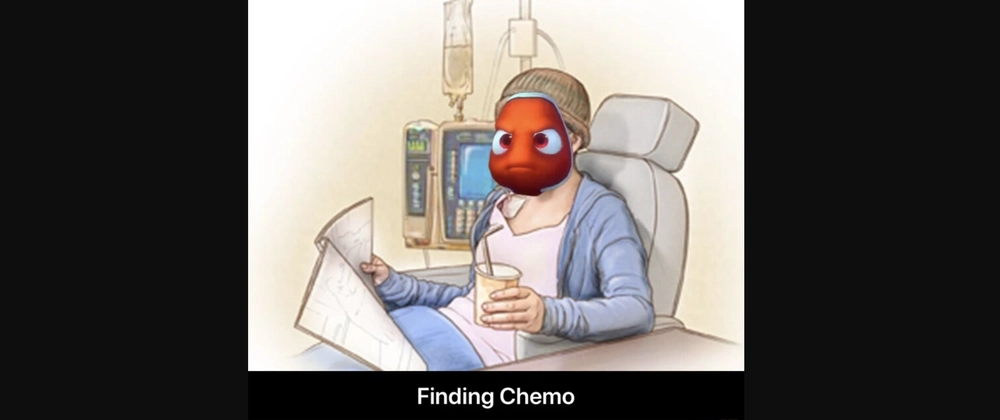
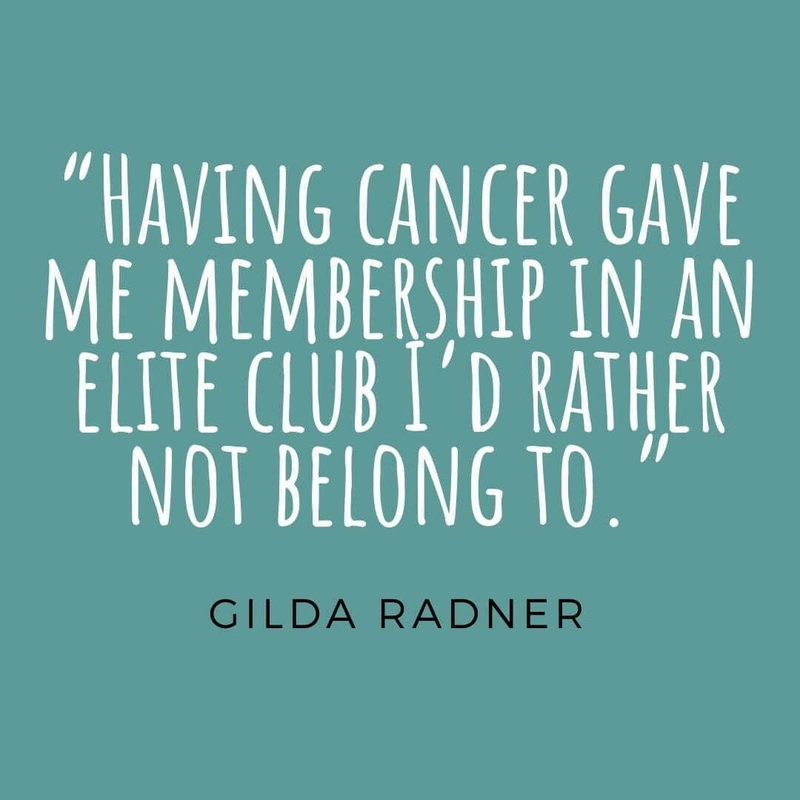
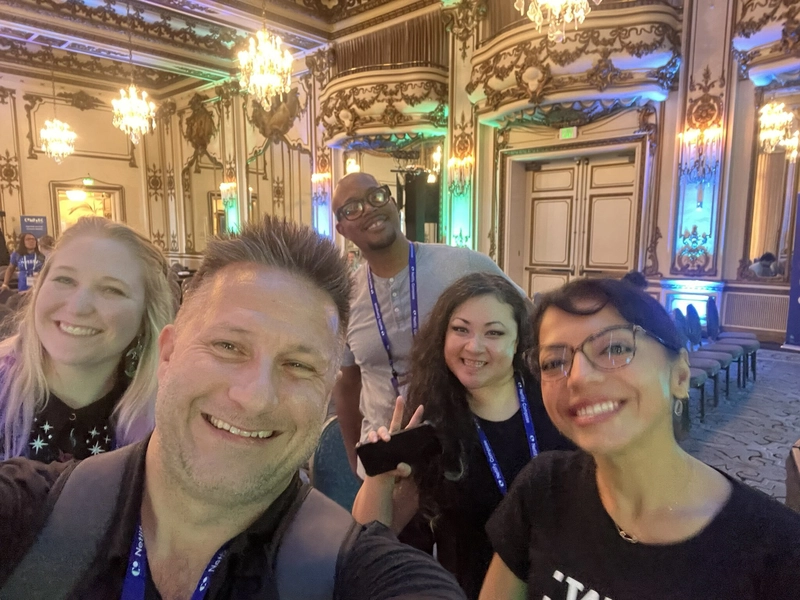
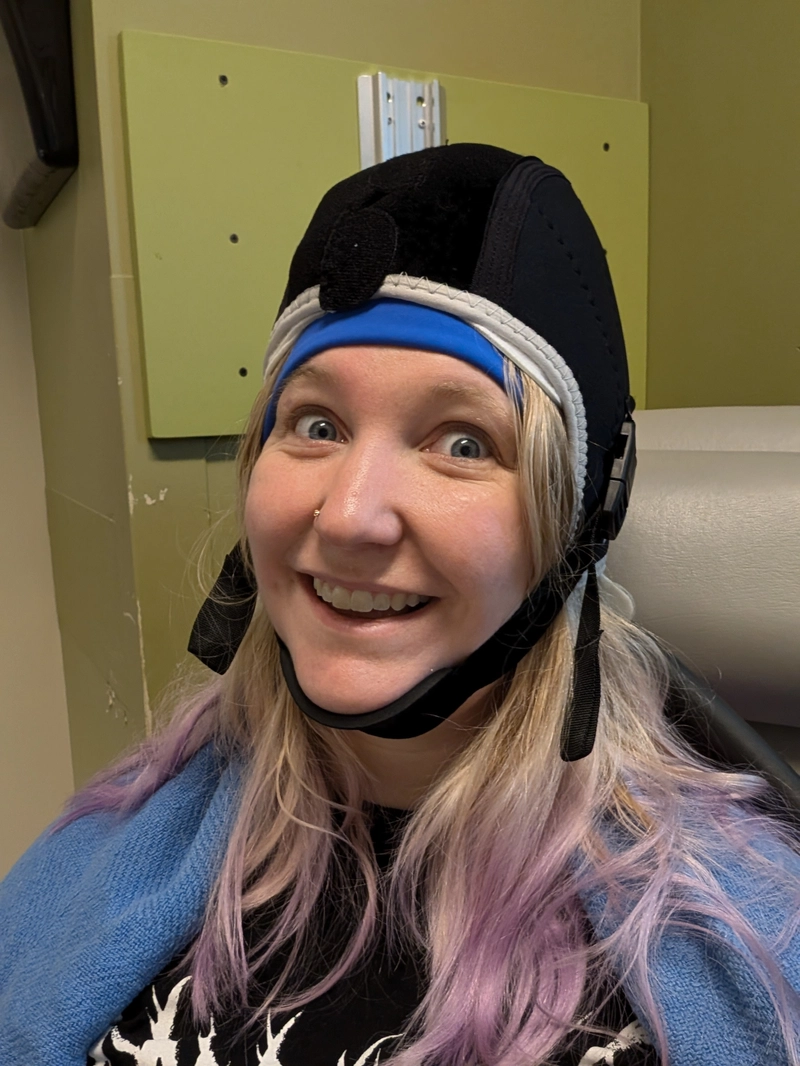
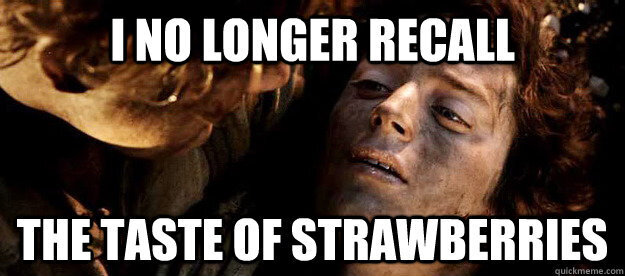
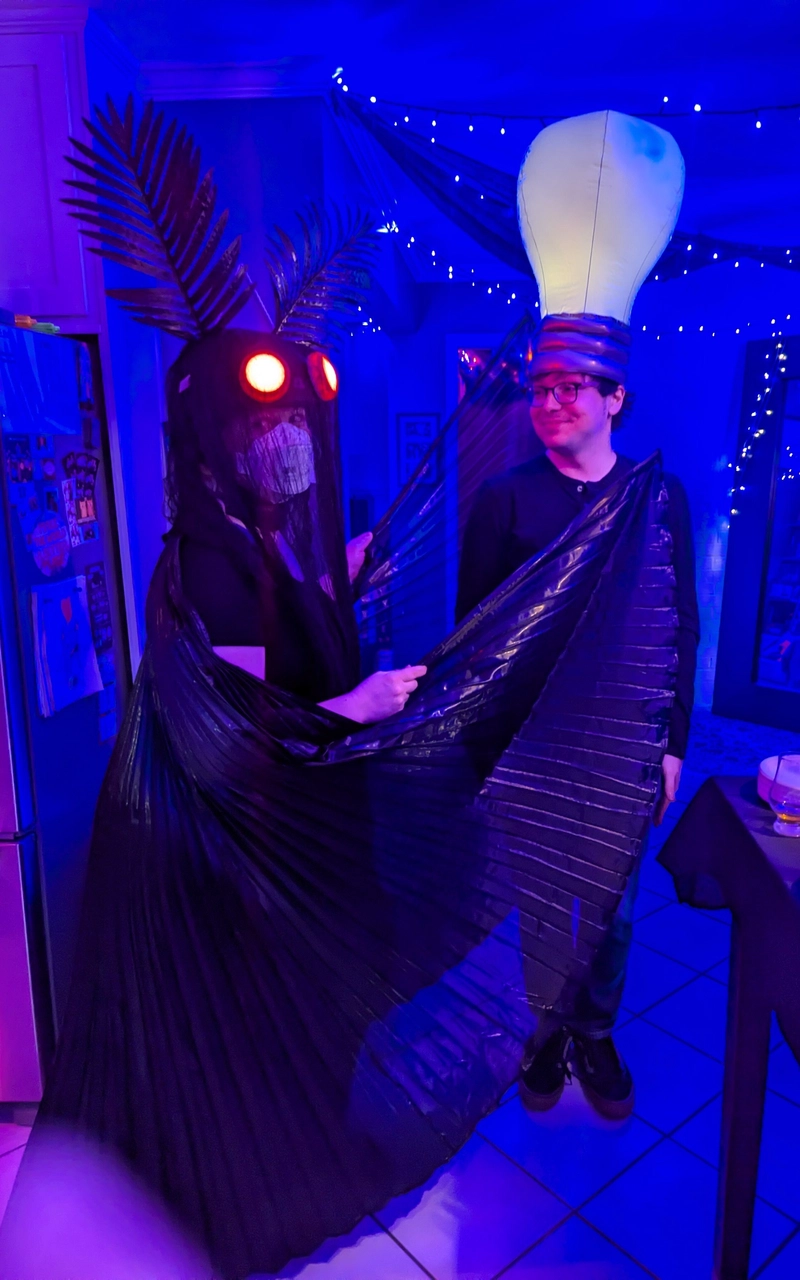
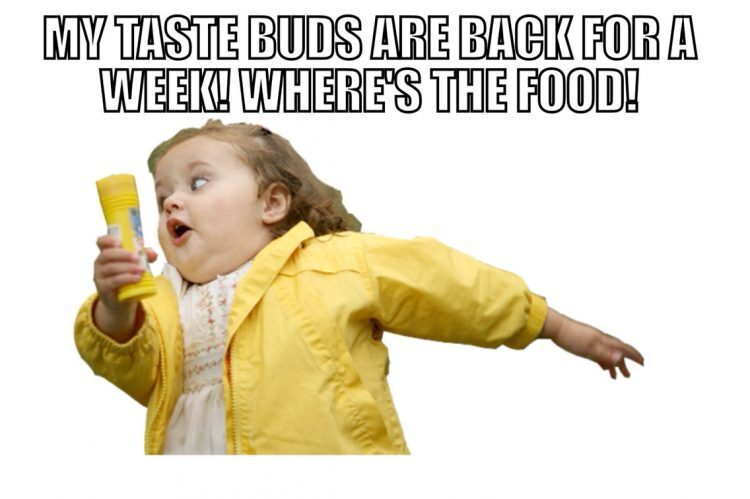
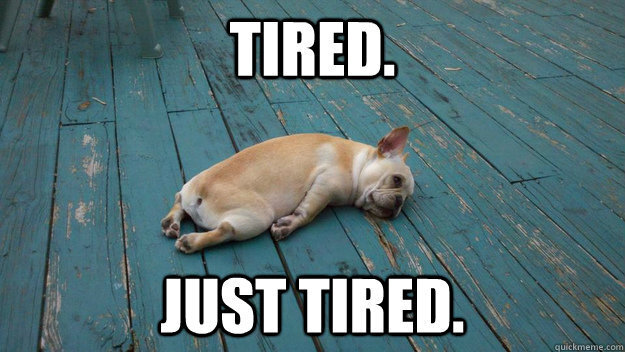

Top comments (9)
Thank you for sharing your story and talking in depth about your experience! I relate somewhat to the hair loss (for me due to Long COVID) and the fact that despite also having thick hair so no one notices, cleaning my bathroom is a nightmare and I dread washing my hair. I also relate to weight gain that has happened out of my control, my PCP shamed me for it despite the fact I was on prescriptions to treat bipolar disorder which have a side effect of weight gain.
Your story is powerful, raw, and deeply human—the loneliness, the small victories, the exhaustion, and the unexpected joys.
Julio Cortázar once wrote, "Nada está perdido si se tiene el valor de proclamar que todo está perdido y hay que empezar de nuevo." (Nothing is lost if one has the courage to proclaim that everything is lost and we must start anew.) And that’s what I see here—strong resilience, even when things felt impossible.
You found moments of connection, whether through humor, friendships, or simply sharing space with others who understood—a kind of strength like a secret celebration of awareness: "Venía a ser como una fiesta secreta de la conciencia."
Well, I’m currently reading some Cortázar and have his thoughts in hand. I hope to read more about your next steps and new chapters. Wishing you all the best!
"A secret celebration of awareness" is beautifully on point. Thank you for your words.
I teared up reading this.. you are an amazing human being doing amazing things and I am so happy I get to call you a friend.
You're a rockstar and I hope things continue to get better from here on out!
Thanks, friend. 💙
❤️
Your story really touched me — thank you for trusting us with something so heavy and personal. You’ve been carrying an unbelievable amount, and the way you explain it all with so much honesty… it really shows your strength, even if you don’t always feel strong.
How are you doing right now? Really doing — physically, emotionally, energy-wise?
The fatigue, the hot flashes, the hair changes, the constant appointments, the “scanxiety”… it’s so much for one person. I hope you’ve had at least a few small moments where you could breathe and feel a bit more like yourself.
Someone in my family went through breast cancer too, and a lot of what you described felt painfully familiar. After chemo and radiation they tried a supportive option — stem-cell–based therapy — and it was much gentler than chemo, more about helping the body recover, easing inflammation, and getting energy back. In case you ever want to look into it, this is what we used as a reference:
stem cell therapy in germany
No expectations — just sharing something that helped them feel human again.
Please keep us posted if you feel up to it.
You’re not alone in this, and I’m really rooting for you.
Stay strong 🫂
Some comments may only be visible to logged-in visitors. Sign in to view all comments. Some comments have been hidden by the post's author - find out more